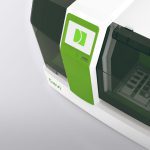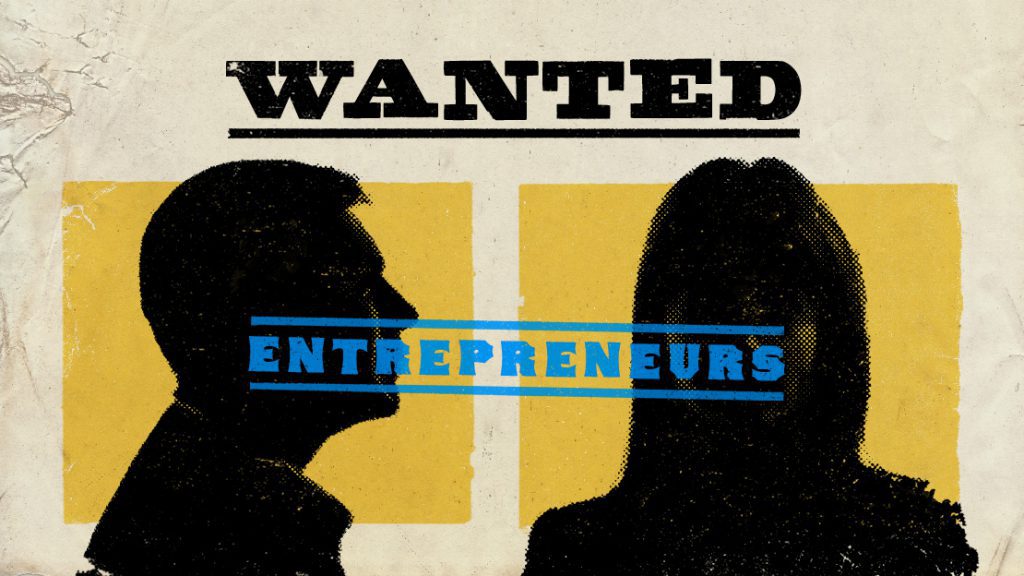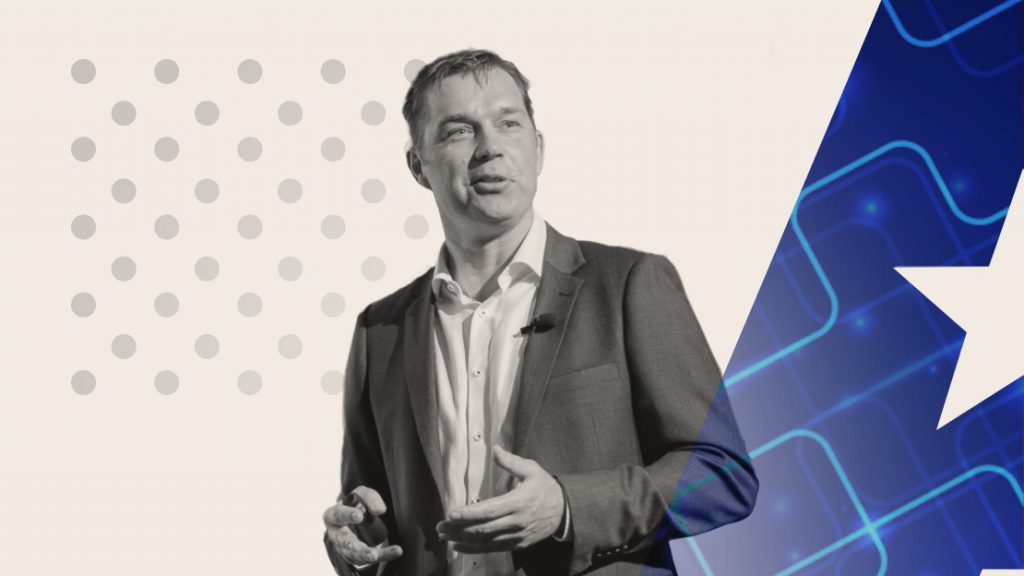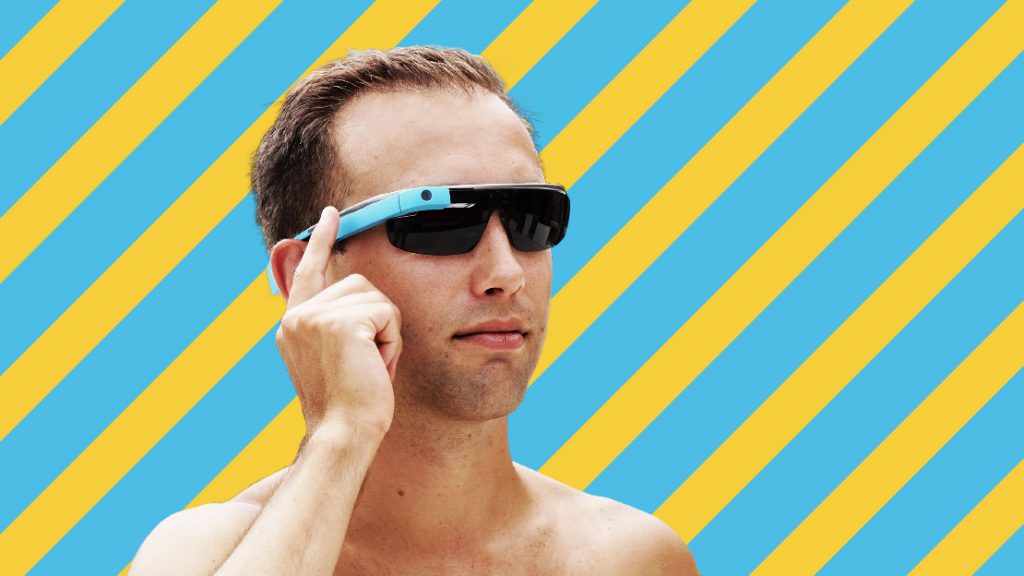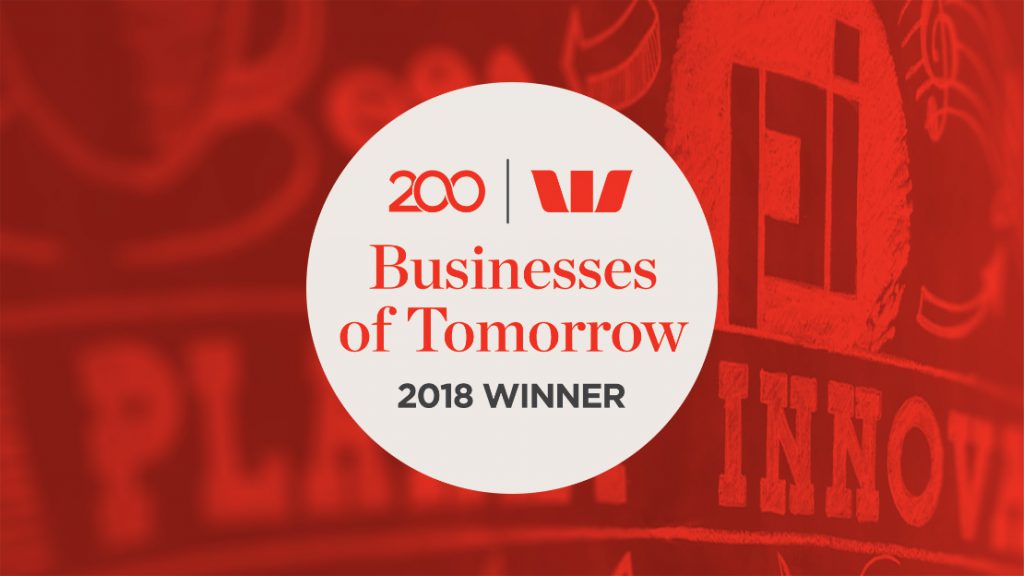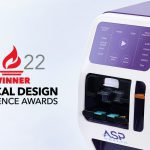
Planet Innovation has been recognized as Australia’s 5th fastest growing company by BRW, based on an average annual revenue growth of 127% over the last three years.
Stuart Elliott, PI’s Managing Director, sat down with James Thomson, BRW’s Editor, and discussed some of the ingredients to achieving sustained growth.
James: Some of the innovations you have developed seem to be quite different. Freezing human embryos is quite different to a heat pump. How does that work? Do you have different people working in different areas?
Stuart: What we tend to have are specialists in a number of different areas, such as biomedical specialists, biochemists and people who really understand the medical process. Then we have people who work across all projects. You might be amazed but the wireless technology used in a medical instrument to communicate back to a central hub is very similar from an electronics point of view to what might be found in a Zigbee-based home energy system that talks to your smart meter.
James: So how does the employment structure work and what sort of people do you look for?
Stuart: Well you have touched on the key of the business. The business is all about people. And it’s all about people who think in an entrepreneurial way. Most of our people are permanent employees who have deep specialist skills combined with the ability to think entrepreneurial. This means not considering our product development engagements as a multi-year research assignment but instead thinking creatively and commercially about using, adapting and integrating technologies that achieve the best outcome for our clients in terms of reliability, speed to market and satisfying the market need. A good example is a digital camera that was $1,000 ten years ago is now worth $10 thanks to the smart phone industry. So you can look at that and ask how that camera technology can be used in a new and clever way in a medical industry. This is what PI is really good at and this approach has helped drive our growth.
James: And it’s the mix of projects you are working on that allows that knowledge transfer from one industry to another. If you were just focused on one industry you might not be able to bring in the wifi technology from the industrial market to the medical sector?
Stuart: You’ve nailed it James. The cross-industry work is critical because we see things in one industry and go wow, that could be used over here. We are doing a lot of that right now using monitoring technologies from one industry in a totally separate industry where they add real value for relatively low effort.
James: For fast growing companies cash flow is everything, so with your multi-year projects how do you manage that?
Stuart: Initially when Sam, Troy, Ed and I started the business we started debt free and with no capital – except the $150 which Ed put in – although Troy still says it was his $150. We didn’t pay ourselves for 6 months and we really built the business on a fee-for-service basis which enables you to maintain cash flow. Over the last few years though we have been able to adopt a much more flexible model that allows us to significantly reduce our fee rate in return for having skin in the game. For some of our clients this arrangement is very attractive. For others, they prefer a simple fee-for-service model. It’s always been our aim to offer these flexible engagement choices to our clients. This is where we provide not just technical innovation but commercial innovation based on what our clients want.
Read more about Planet Innovation’s principles.




